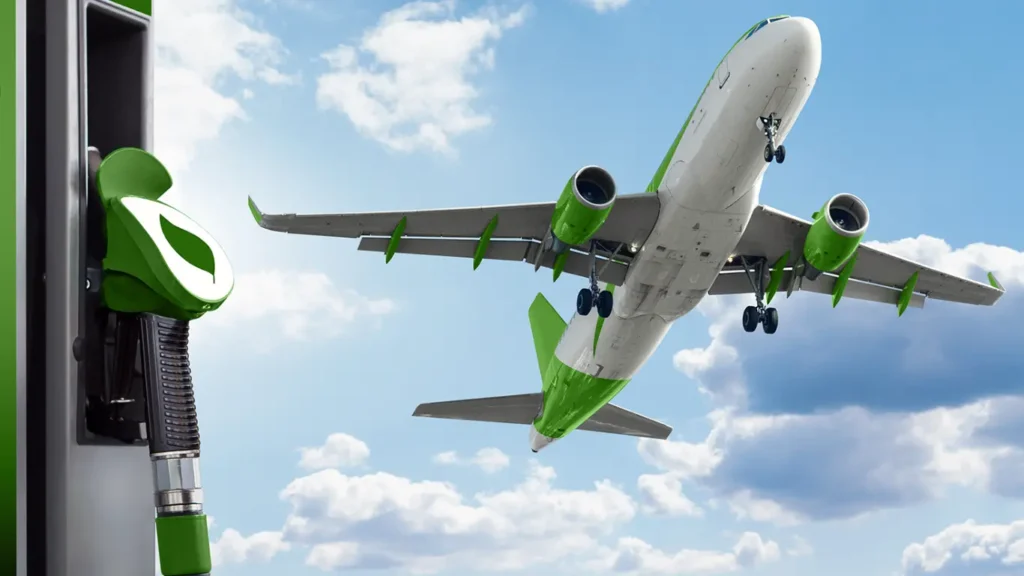Lucknow | 2, July 2025 : Aviation contributes around 2.5% of global CO₂ emissions, pushing the industry to seek greener alternatives. Sustainable Aviation Fuel (SAF) has emerged as a game-changer, especially SAF derived from used cooking oil (UCO).
What is Sustainable Aviation Fuel?
SAF: A Biofuel with a Lower Carbon Footprint
Sustainable Aviation Fuel is a biofuel blendable with conventional jet fuel. It can cut carbon emissions by up to 80% over its lifecycle compared to traditional fossil jet fuels.
No Major Changes Needed for Aircraft
SAF works seamlessly with existing aircraft engines and airport infrastructure, making adoption cost-effective for airlines.
Why Used Cooking Oil (UCO) is a Game-Changer
Turning Waste Oil into Jet Fuel
Unlike biofuels made from crops like palm or soy, UCO-based SAF doesn’t compete with food production and helps curb deforestation. It embodies the idea of a circular economy, turning waste into valuable energy.
Global Leaders in UCO Production
Countries like Malaysia are major contributors. Local programs reward citizens for recycling cooking oil—up to USD 21 per litre—which is then supplied to SAF producers.
Global Push: Policies and Regulations Driving SAF Adoption
ICAO and National Goals
The International Civil Aviation Organization (ICAO) and governments worldwide are setting SAF mandates. The EU and UK now require at least 2% SAF in jet fuel from 2025, with targets set to increase steadily.
Airline Groups Leading the Way
Major airline conglomerates such as the International Airlines Group (IAG)—parent company of British Airways, Iberia, Vueling, Aer Lingus, and LEVEL—are securing green-certified SAF for their fleets.
Challenges in Scaling Up Sustainable Aviation Fuel
Production and Cost Barriers
Despite its benefits, SAF production is still limited and costs more than fossil fuels. However, IATA projects that SAF could deliver 65% of the emissions cuts needed for the aviation sector to hit net-zero by 2050.
The Road Ahead: The Future of Green Aviation
Collective Action for a Cleaner Sky
The success of SAF hinges on collaboration between governments, industry players, and individual actions—like responsibly recycling waste oil.
From Frying Pan to Flight Path
Sustainable Aviation Fuel made from used cooking oil represents a significant leap toward carbon-neutral flying. As the industry embraces greener practices, SAF could propel aviation onto a sustainable flight path for future generations.
FAQs About Sustainable Aviation Fuel
Q1: Is SAF safe for current aircraft?
Yes. SAF is certified to be used safely in existing jet engines with no modifications.
Q2: How much can SAF reduce emissions?
Depending on production methods, SAF can cut lifecycle emissions by up to 80%.
Q3: Which airlines are using SAF?
Leading airlines under groups like IAG are already integrating SAF into operations.
Also Read : Sustainable Aviation Fuel Policy in Uttar Pradesh: A Game-Changer or Growing Pains for MSMEs?
